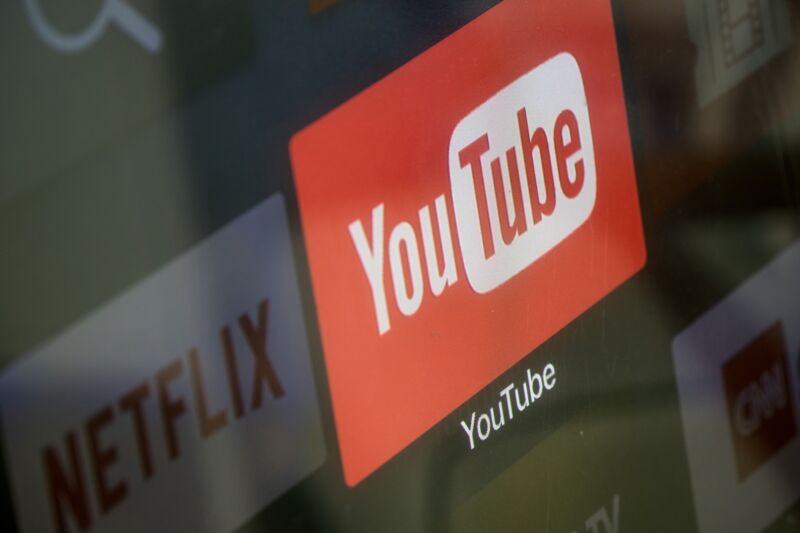Blocking the ad blockers —
Google would really like it if everyone just paid for YouTube Premium instead.

Getty Images | Chris McGrath
YouTube is putting third-party ad-blocking apps on notice. An ominous post on the official YouTube Community Help forum titled “Enforcement on Third Party Apps” says the company is “strengthening our enforcement on third-party apps that violate YouTube’s Terms of Service, specifically ad-blocking apps.” Google would really like it if you all paid for YouTube Premium.
YouTube has been coming down on third-party apps, which often enable YouTube ad blocking. The company shut down one of the most popular third-party apps, “YouTube Vanced,” in 2022. Vanced was open source, though, so new alternatives sprung up almost immediately. Vanced takes the official YouTube Android client and installs a duplicate, alternative version with a bunch of patches. It turns on all the YouTube Premium features like ad-blocking, background playback, and downloading without paying for the Premium sub. It also adds features the official app doesn’t have, like additional themes and accessibility features, “repeat” and “dislike” buttons, and the ability to turn off addictive “suggestions” that appear all over the app.
Another popular option is “NewPipe,” a from-scratch YouTube player that follows the open source ethos and is available on the FOSS-only store F-Droid. NewPipe wants a lightweight client without the proprietary code and million permissions that YouTube needs, but it also blocks ads.
Rather than going after the projects, Google says it’s going to start disrupting users who are using these apps. The post writes, “Viewers who are using these third-party apps may experience buffering issues or see the error ‘The following content is not available on this app’ when trying to watch a video.” The company continues: “We want to emphasize that our terms don’t allow third-party apps to turn off ads because that prevents the creator from being rewarded for viewership, and Ads on YouTube help support creators and let billions of people around the world use the streaming service.”
If you remember back to when Google aggressively fought to keep third-party YouTube apps off of Windows Phone, the company seemed to take a similar stance against all third-party YouTube clients, even if they wanted to integrate ads. Today Google says that’s no longer the case, and it would allow third-party YouTube clients provided “they follow our API Services Terms of Service.” We don’t know of any apps that are actually taking Google up on that offer, though.